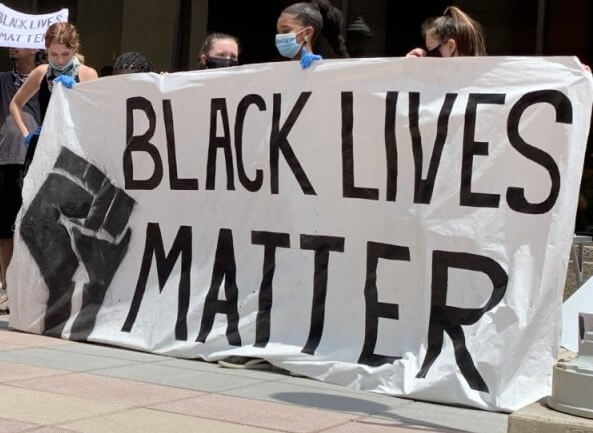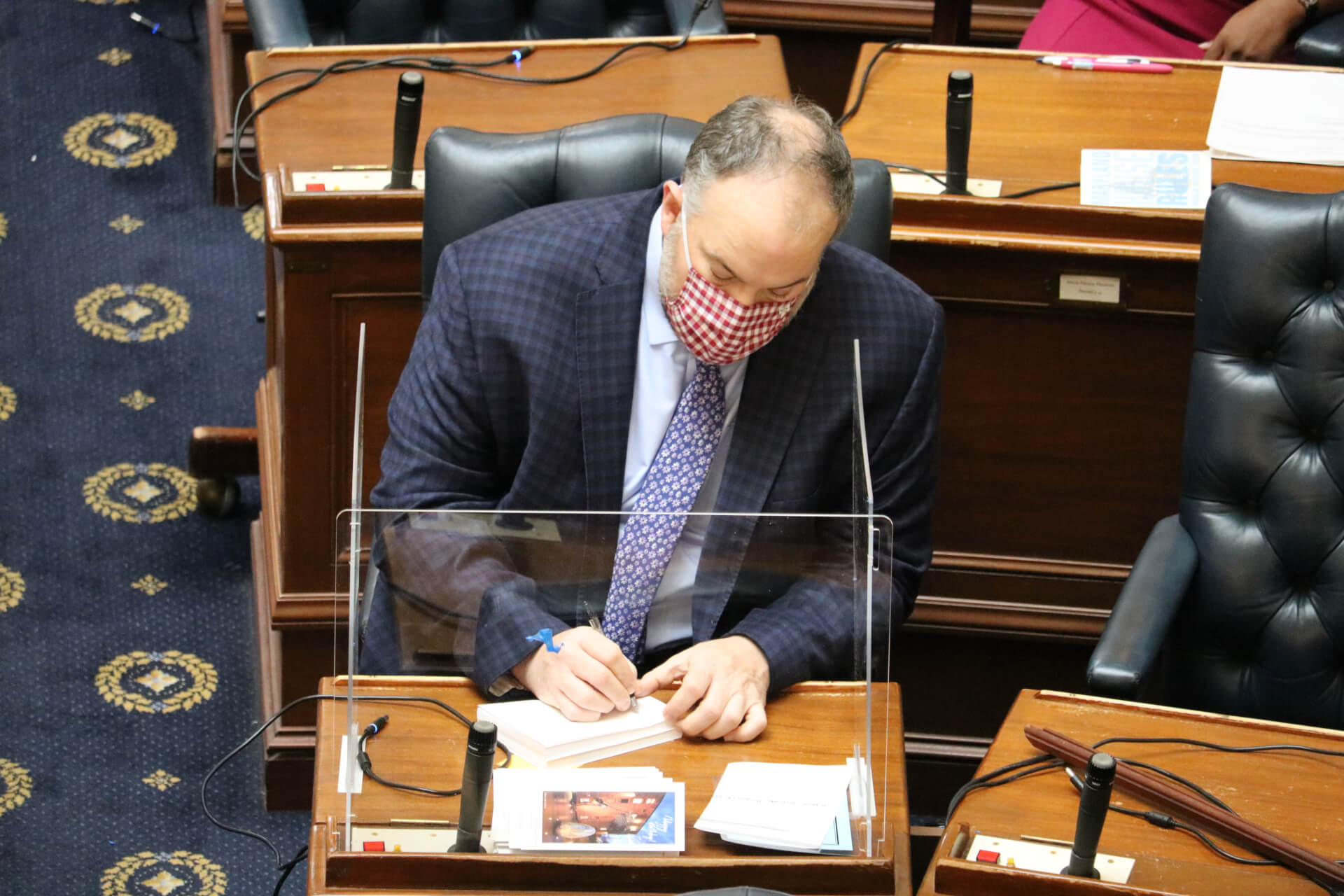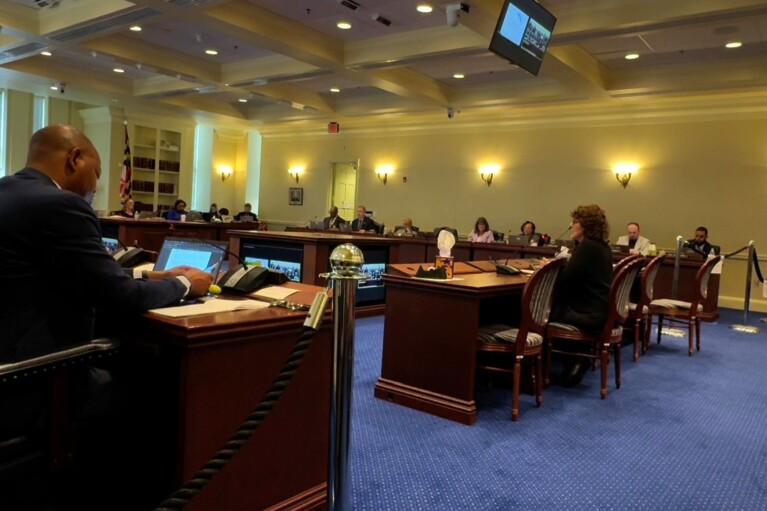
I must make two honest confessions to you, my Christian and Jewish brothers. First, I must confess that over the past few years I have been gravely disappointed with the white moderate. I have almost reached the regrettable conclusion that the Negro’s great stumbling block in his stride toward freedom is not the White Citizen’s Counciler or the Ku Klux Klanner, but the white moderate, who is more devoted to “order” than to justice; who prefers a negative peace which is the absence of tension to a positive peace which is the presence of justice; who constantly says: “I agree with you in the goal you seek, but I cannot agree with your methods of direct action”; who paternalistically believes he can set the timetable for another man’s freedom; who lives by a mythical concept of time and who constantly advises the Negro to wait for a “more convenient season.” Shallow understanding from people of good will is more frustrating than absolute misunderstanding from people of ill will. Lukewarm acceptance is much more bewildering than outright rejection.
— Letter from a Birmingham Jail, Martin Luther King Jr., 1963
Chairman Luke Clippinger of the House Judiciary Committee was appointed to that post by the late Speaker Michael Busch in 2018. I wrote an op-ed in 2018 stating that his appointment was disappointing to advocates who thought that a younger, newer, more progressive legislative body would result in a pro-racial justice agenda.
Clippinger does not represent himself as a champion on racial justice, which does not make him a bad person. But many advocates would rather have a chairperson of that particular committee who is a champion of racial justice given the enormous amount of work there is to do regarding the criminal justice system. After close observation of Clippinger over the past couple of years, I have come to realize that he is a quintessential example of a white liberal who makes legislative gestures toward racial justice, but legislates in a paradigm rooted in white supremacy.
Chairman Clippinger is a prosecutor in Anne Arundel County in his day job. He has been there since 2007 and there is nowhere on the public record where he discusses an approach to criminal justice that counters the racism that is endemic to it. His public neutrality on this issue, combined with his experience as a prosecutor in a jurisdiction that is more conservative on these issues (which is evidenced by the viability of Republican state’s attorney candidates) leaves reason to believe that he is operating from a paradigm rooted in the status quo.
Notions of the inherent criminality of Black people are ubiquitous in American society. This has been used to justify the War on Drugs, which at its core was composed of mass incarceration and violation of the rights of Black people by police officers who were seen as valiant soldiers in a war against the scourge of Black pathology. Race neutral policies were, and continue to be used to conceal the racism that is endemic to the criminal justice system.
Mandatory minimums, crack-cocaine disparities, the death penalty and other policies are race neutral in their language, but have disproportionately adverse impacts on Black people. In light of this dynamic, a race neutral prosecutor is squarely in line with perpetuating the status quo.

Del. Luke Clippinger (D-Baltimore City), chair of the House Judiciary Committee. Photo by Danielle E. Gaines.
There are two key examples that I want to focus on that highlight the effects of Clippinger’s race neutral paradigm on important policy that impacts Black people. First, a bill that was introduced in the 2020 legislative session would have required legal counsel to be present and parents be notified when a minor is being interrogated by police (the bill is called the Child Interrogation Bill).
This bill emerged when many advocates around the state watched the Ava Duvernay docuseries “When They See Us,” which chronicles the way five young men in New York City were pressured into providing police false testimony that resulted in them serving six to 13 years in prison for a crime they did not commit.
The presence of legal counsel and a requirement to notify parents of their child being interrogated may have stopped these young men from serving time in jail for the sexual assault of a white women that they didn’t commit. This shaped the way that the Child Interrogation Bill was crafted.
Young people from the Baltimore Algebra Project, a youth-led advocacy organization in Baltimore City, came to testify in support of the bill, and were able to meet with legislators on the committee to talk about their personal experience dealing with law enforcement. This is a very straightforward bill that many people can relate to. An interaction with a police officer by a Black youth can completely alter their life and the lives of their family.
This bill is designed to help manage this interaction in order to prevent harm being done to youth by a system that is designed to treat them as inherently criminal. The opposition to the bill consisted of prosecutors who used extreme circumstances like a minor who killed their parents as the reason to reject the bill.
These kinds of extreme scenarios are exceptions that can be accommodated for in this bill, but Chairman Clippinger choose not to move the legislation. A champion on racial justice would understand that this bill is a no brainer. But Chairman Clippinger was not a supporter. I suspect this has something to do with him legislating from the vantage point of an old-school prosecutor and not like an advocate for racial justice.
The second example is on the issue of changing aspects of the Maryland Public Information Act that would allow internal affairs investigatory records of police officers to be subject to public information requests. Currently they are prohibited from public disclosure.
This is necessary information in order to hold police accountable for patterns of abuse and misconduct. Officers who end up killing innocent people usually have a long record of misconduct that if it were caught earlier could have been addressed.
Clippinger put forward a version of the bill in 2020 that would only make available complaints that were deemed legitimate by the police department (these are called sustained complaints). Only 8% of citizen complaints in Baltimore City are sustained by internal affairs. The other 92% are unsustained complaints, which are complaints that were deemed illegitimate by the department.
(Editor’s note: The Judiciary Committee amended the bill to include some unsustained complaints, but many advocates thought the changes were inadequate.)
Police should not be policing themselves, so the public needs access to all of those files. But Clippinger is opposed to this. Again, it seems to me that he is approaching this issue from the perspective of an old school prosecutor and not a champion of racial justice.
What the social unrest should have taught us is that it is not enough to just be a nice person. It is not enough to not be offensive to Black people. Racial justice requires an intentional commitment to challenging the systems of structural racism that are endemic to the society that we live in.
Clippinger’s race neutral prosecutor paradigm is complicit in maintaining the structures of racism that undergird the criminal justice system in Maryland — a criminal justice system that has a higher percentage of Black people than any other system in the U.S., according to the Justice Policy Institute. As historian Howard Zinn once said, you can’t be neutral on a moving train. And as Dr. Martin Luther King Jr says in “A Letter from a Birmingham Jail,” the “Negro’s great stumbling block in his stride toward freedom is not the White Citizen’s Counciler or the Ku Klux Klanner, but the white moderate, who is more devoted to ‘order’ than to justice.”
While there are overt acts of racial hatred and overt commitments to white supremacy that exist around us, the tool that maintains the day to day suffering of the masses of Black people are white moderates like Chairman Clippinger who are more committed to order than to justice.
— DAYVON LOVE
The writer is policy director for Leaders of a Beautiful Struggle in Baltimore.




 Creative Commons Attribution
Creative Commons Attribution